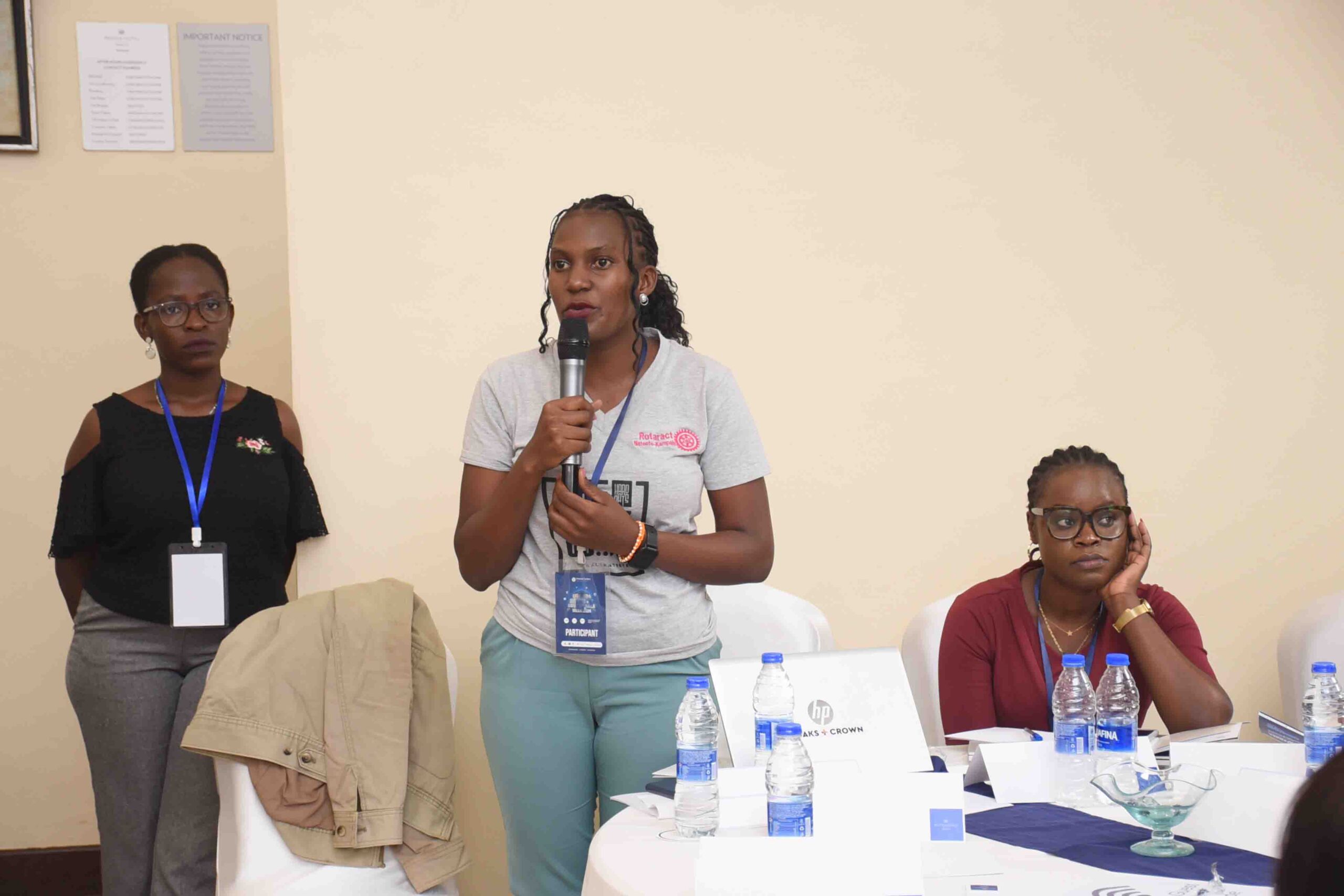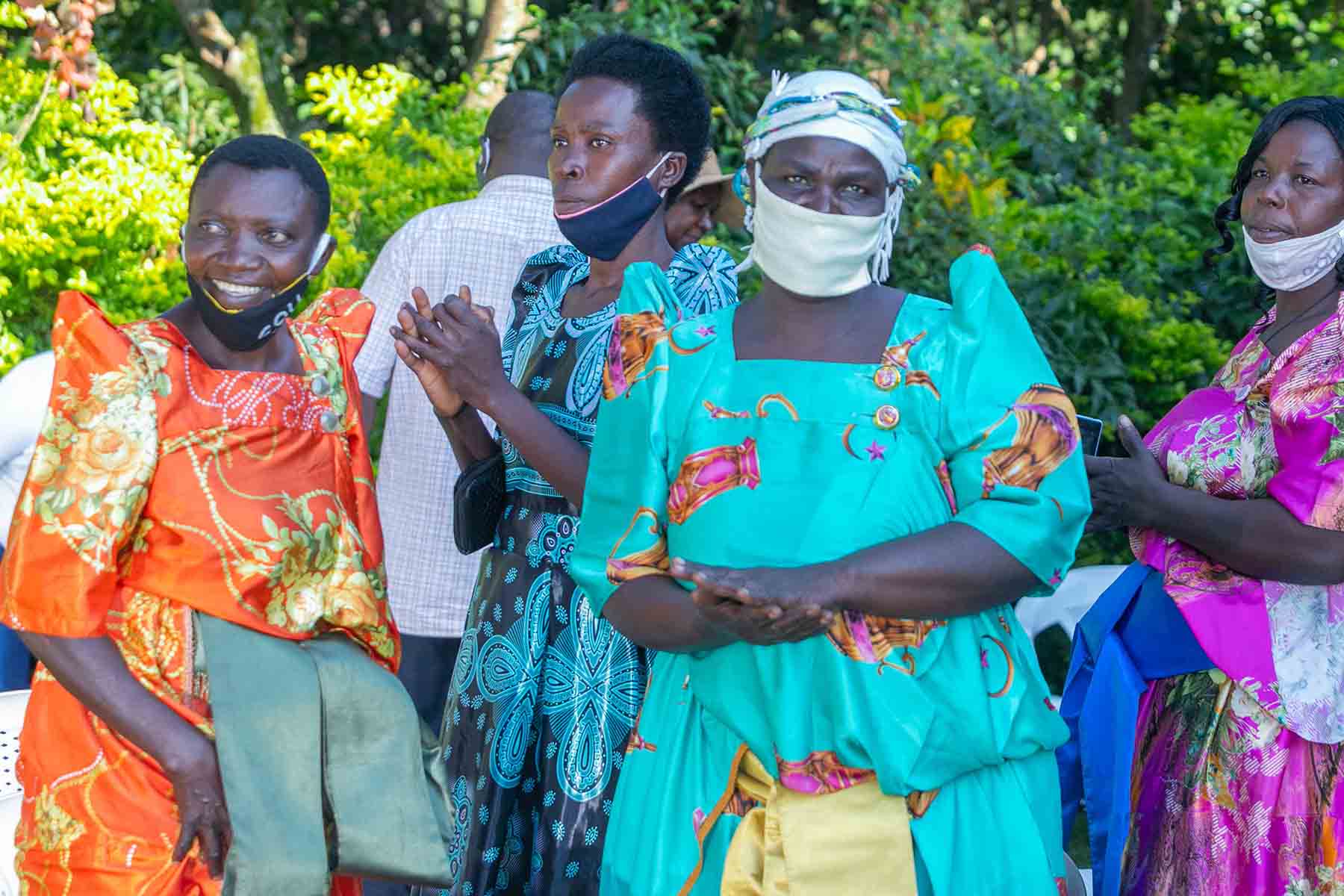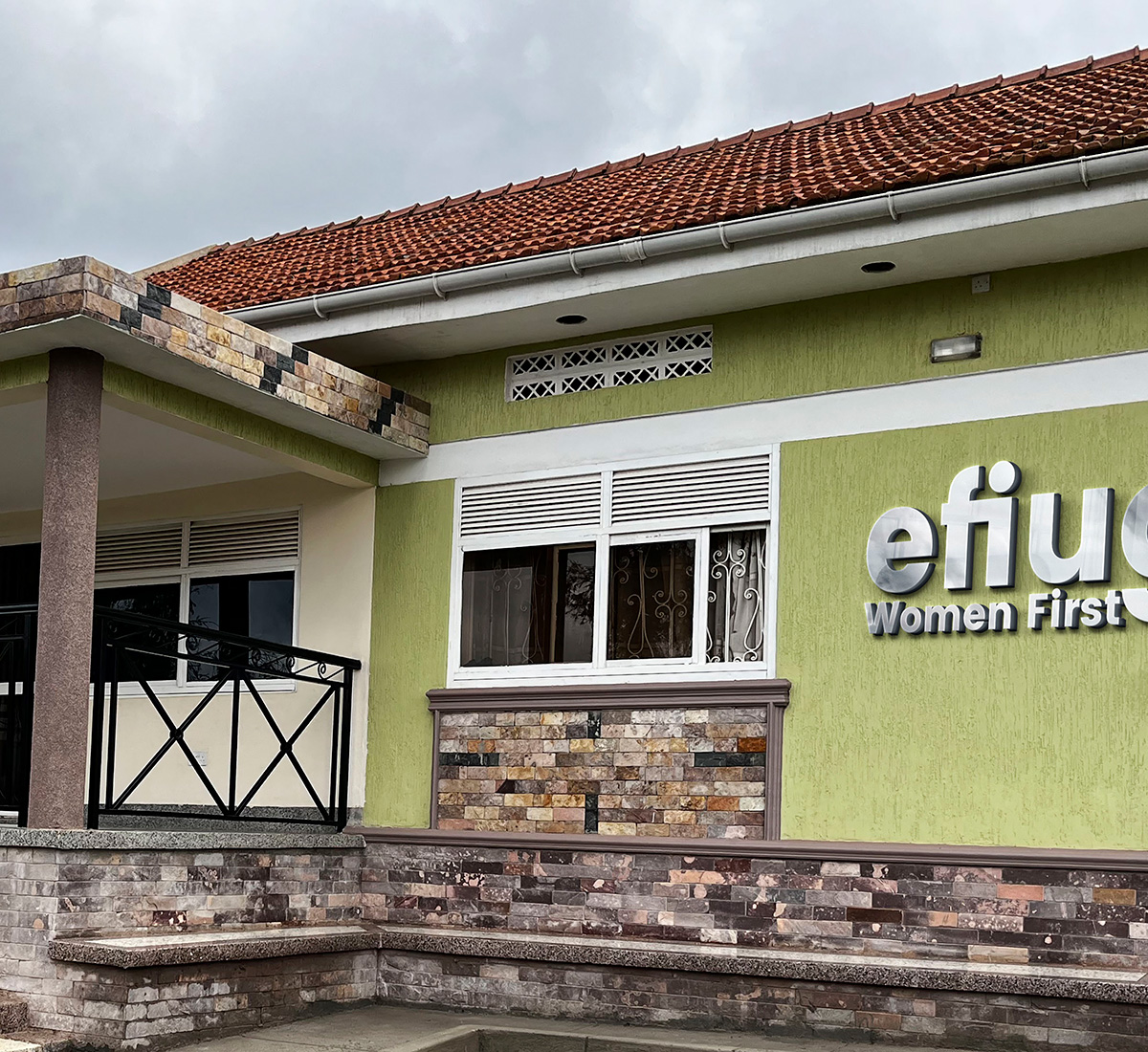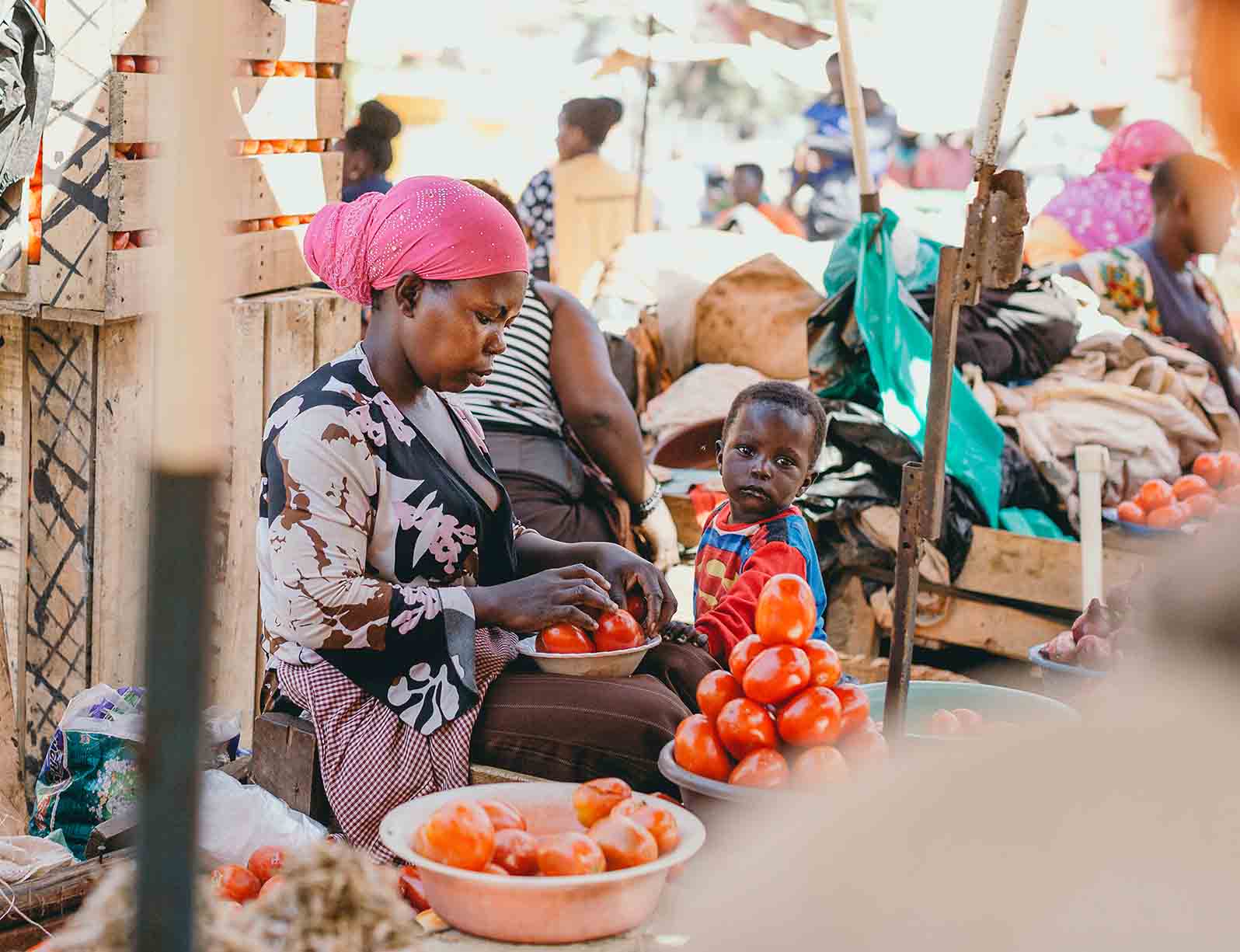Prevention & Protection
Eliezah Foundation’s Prevention and Protection programs are dedicated to safeguarding women and girls from violence and abuse. Our initiatives promote their well-being, empowering them to lead secure and fulfilling lives.
The Beginning of Hope
Similar stories, same routine and almost the same behavior that survivors encounter when it comes to Gender based Violence. Besides, More than 33% of female homicide incidents are Domestic Violence cases and In 2020, 46% of the victims of intimate partner/family related homicides in Uganda were female, killed by their intimate partner or a family member. The majority of women in prison are either charged with or convicted of offences against life (murder, manslaughter or assault). This promotes the relevance to capacity building, community engagement and empowerment of women, girls and boys as means to address current and future challenges.
Preventive and Protective Measures ensure early reporting of cases, early detection of violence and provision of tailored emergency and non-emergency support services to women and girls in communities.Such services ensure stakeholder engagement and collective responsibility in responding to issues affecting women's growth and development.
Revealers As Result of Prevention & Protection
Women remain the backborne of the agricultural sector in Uganda. 76% of the workforce in agriculture are women although food production remains very low. Please note that majority of women farmers continue to labor but their male counterparts (husbands or male relatives collect bigger percentages of these profits) We are holding on facts that more women are getting into leadership positions with 34 seats in the current parliament held by women.
Cultural norms and harmful practices are still a challenge however there has been progress especially on those related to child marriage, HIV and Social development.
Teaching for Tomorrow
To ensure a future of equal opportunity — and equal rewards — in the workforce, we need to start with our educational system. It is critical to remove gender-based barriers that keep not only girls but all students from pursuing their dreams and reaching their potential. Schools must teach with an eye toward tomorrow’s economy: The fastest growing, most well-paid sectors require technology, math and science expertise that many students — especially female students and students of color — are not getting. The education system also needs to support the demand for soft skills, such as problem solving, self-directed learning, communication, collaboration and creativity.
The gender pay gap — and the lack of women in leadership roles — are not problems that suddenly surface when women enter the workforce. The roots of the problem run deep and correcting it entails understanding the barriers and biases that begin and persist in our educational system.
Lessons learnt
Enhancing Community Justice and Empowerment to Combat GBV

Breaking Barriers – Women in Leadership in Rural Uganda

Explore the Issue
- Saving for Future Security: Women’s weapon.
- Crisis Prevention in the Home: A mama’s guide.
- Building community GBV survivor networks: Community groups guide.
- Promoting Community Justice together.
- Budgeting for Business Success: A woman’s guide.
- Addressing Gender-Based Violence (GBV) at the Community Level: A Comprehensive Resource for the Ugandan Context

Where We Stand: Safeguarding & Empowering Women & Girls
efiug supports a great deal of sector engagement education and systems stregnthening to support fairness and equal opportunity to women and girls at community level.
Take Action
There are lots of ways to get involved with efiug’s work to advance equity. Together, we can make a difference in the lives of women and girls.

